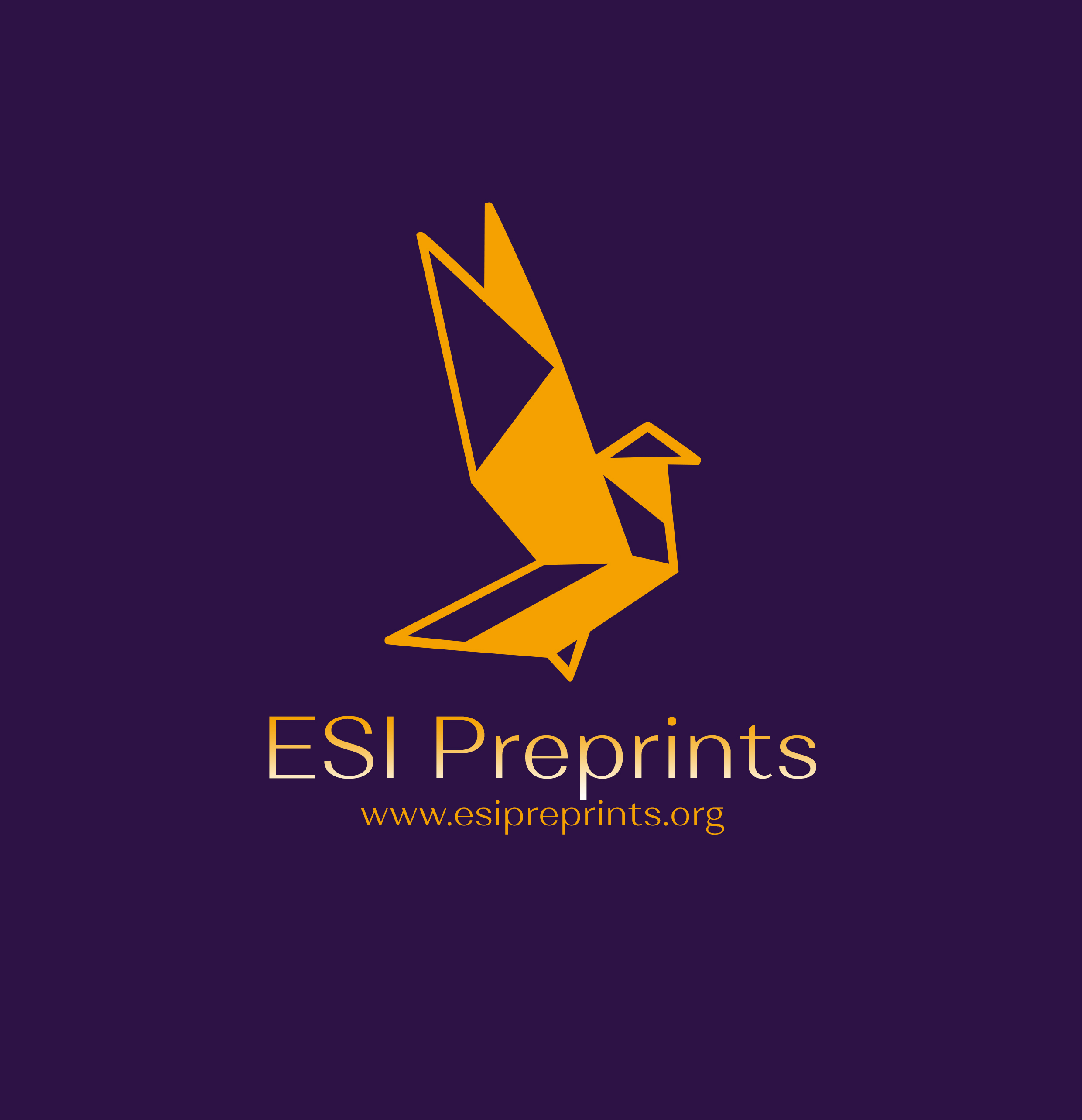The Impact of Providing Chatbot Content on Developing the English Communication Skills among Al-Azhar Kindergarten Teachers
Abstract
This research aimed at investigating the impact of using Chatbot content on improving the English communication skills of Al-Azhar Al-Sharif kindergarten teachers. The researcher used a quasi-experimental design to explain the difference occurred in the teachers` performance before and after the intervention of the Chatbot content. This design required the researcher to develop a performance observation checklist; the main tool of this research. In addition, the researcher constructed the Chatbot content; the e-training program. Having the research design completed, thirty-three (33) female Azhari kindergarten teachers participated in this experiment. The performance observation checklist was used for evaluating the teachers` performance before and after the intervention of the Chatbot content, and for measuring the teachers` retention of the acquired skills. At the end of the research, a statistical analysis of the results was applied. The results showed a statistically significant difference at the level of (0.05) on the performance observation checklist`s mean scores of the sample teachers' pre and post application of the Chatbot content in favor of the post-application. The second statistical analysis of the performance observation checklist showed that there is no significant difference between the sample teachers` mean scores in the post and follow-up application of the Chatbot content. These results proved the validity of the research main assumption that Chatbot content can improve the English communication skills of kindergarten teachers.
Downloads
References
2. Akcora, D. E., Belli, A., Berardi, M., Casola, S., Di Blas, N., Falletta, S., Faraotti, A., Lodi, L., Diaz, D. N., Paolini, P., et al. (2018). Conversational support for education. International conference on artificial intelligence in education. Springer.
3. Al-Ajlan, Ajlan, & Zedan, Hussein, 2008. Why Moodle? 12th IEEE International Workshop on Future Trends of Distributed Computing Systems Conference. Pages 58-64
4. Alias, S., Sainin, M. S., Fun, T. S., & Daut, N. (2019). Identification of conversational intent pattern using a pattern-growth technique for the academic chatbot. International conference on multi-disciplinary trends in artificial intel- ligence. Springer. Applications in Healthcare. Ecoforum Journal, 5(1), 1-8
5. Bansal, H., & Khan, R. (2018). A review paper on human-computer interaction. International Journal of Advanced Research in Computer Science and Software Engineering, 8(53), http://dx.doi.org/10.23956/ijarcsse.v8i4.630.
6. Barcelona: eLearn Center. Universitat Oberta de Catalunya. https://doi.org/10.7238/elc.chatbots.2018
7. Bii P. K , J. K. Too , C. W. Mukwa (2018). Teacher Attitude towards Use of Chatbots in Routine Teaching. Universal Journal of Educational Research.6 . 1586 - 1597. doi:10.13189/ujer.2018.060719.
8. Cameron, G., Cameron, D., Megaw, G., Bond, R., Mulvenna, M., O’Neil, S., … McTear, M. (2017). Towards a
9. chatbot for digital counselling. Proceedings of the 31st British Computer Society Human Computer
10. Chen CY. (2020). Smartphone addiction: psychological and social factors predict the use and abuse of a social mobile application. Inf Commun Soc 23(3):454–467.Retrieved from: https://www.tandfonline.com/doi/abs/10.1080/1369118X.2018.1518469?journalCode=rics20 on 15/10/2020.
11. Ciupe, A., Mititica, D. F., Meza, S., & Orza, B. (2019). Learning agile with intelligent conversational agents. In 2019 IEEE global engineering education conference (EDUCON), pages 1100–1107. IEEE.
12. Clarizia, F., Colace, F., Lombardi, M., Pascale, F., & Santaniello, D. (2018). Chatbot: An education support system for student. International symposium on cyberspace safety and security. Springer.
13. com/ar/. Accessed 23rd January 2023.
14. Cortana security flaw means your pc may be compromised. (2018). Panda Security Media center website: https://www.pandasecurity.com/mediacenter/mobile-news/ Cortana-security-flaw/. (Retrieved 27 August 2020).
15. Cunningham-Nelson, W. Boles, L. Trouton, E. Margerison, A review of chatbots in education: Practical steps forward,30th annual conference for the Australasian association for engineering education (AAEE 2019): Educators becoming agents of change: Innovate, Integrate, Engineers Australia, Motivate (2019)https://www.sciencedirect.com/science/article/pii/S2666920X21000278#bbib18S
16. D. J., & Markovic, B. (2016). Possibilties, Limitations and Economic Aspects of Artificial Intelligence
17. Discover,2018. Kindergartenn1, Discover teacher`s guide 1st term.Ministry of Education. Egypt
18. Durall, E., & Kapros, E. (2020). Co-design for a competency self-assessment chatbot and survey in science education. International conference on human-computer interaction. Springer.
19. Ehindero, OJ, Ajibade YA (2000). What our student say about how we teach. Ife J. Educ. Studies. 7(1), 1-9.
20. F. M. Reimers, Alysha Banerji, Uche Amaechi, Margaret Wang, 2022. (eds.), Education to Build Back Better. Springer imprint. Pp. 51-74.https://doi.org/10.1007/978-3-030-93951-9_1 Accessed 23rd January 2023.
21. Fischer, G. (1999) “User Modeling: The Long and Winding Road.” In J. Kay (Ed.) Proceedings of UM99: User Modelling Conference (Banff, Canada), Springer Verlag, Wien New York, pp. 349-355.
22. Garcia-Brustenga, G., Fuertes-Alpiste, M., & Molas-Castells, N. (2018). Briefing paper: Chatbots in education.
23. Graesser, A. C. (2016). Conversations with the autotutor help students learn. Ternational Journal of Artificial Intelligence in Education, 26(1), 124–132
24. Haristiani,Nuria 2019Artificial Intelligence (AI) Chatbot as Language Learning Medium: An inquiry. J. Phys.: Conf. Ser. 1387 012020
25. Hien, H. T., Cuong, P.-N., Nam, L. N. H., Nhung, H. L. T. K., & Thang, L. D. (2018). Intelligent assistants in higher-education environments: The fit-ebot, a chatbot for administrative and learning support. Proceedings of the ninth international symposium on information and communication technology.
Copyright (c) 2023 Ghada Mohamed Ahmed Tawfik

This work is licensed under a Creative Commons Attribution 4.0 International License.








